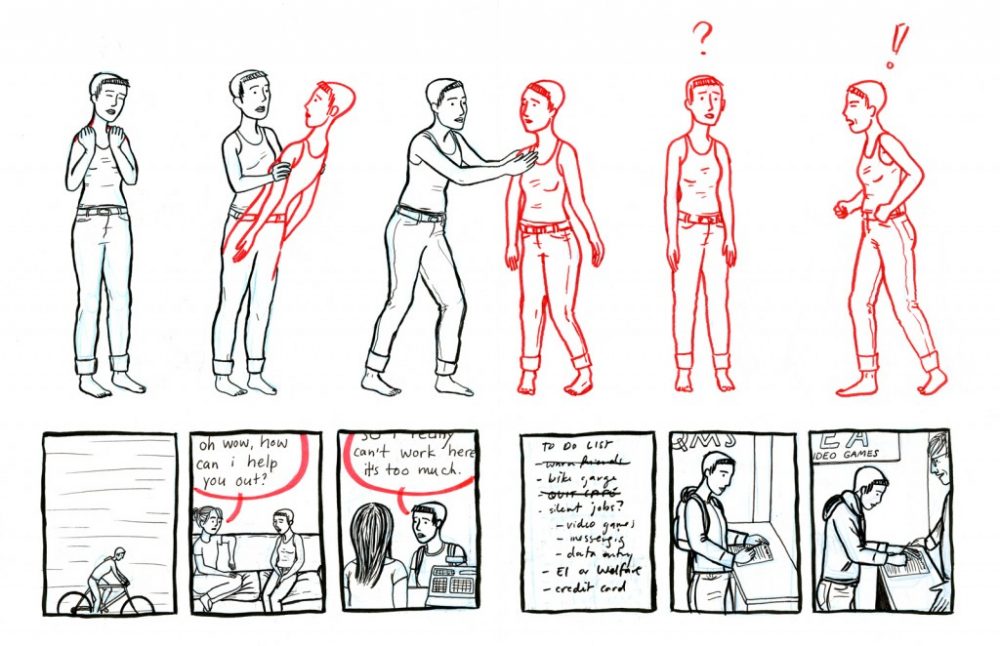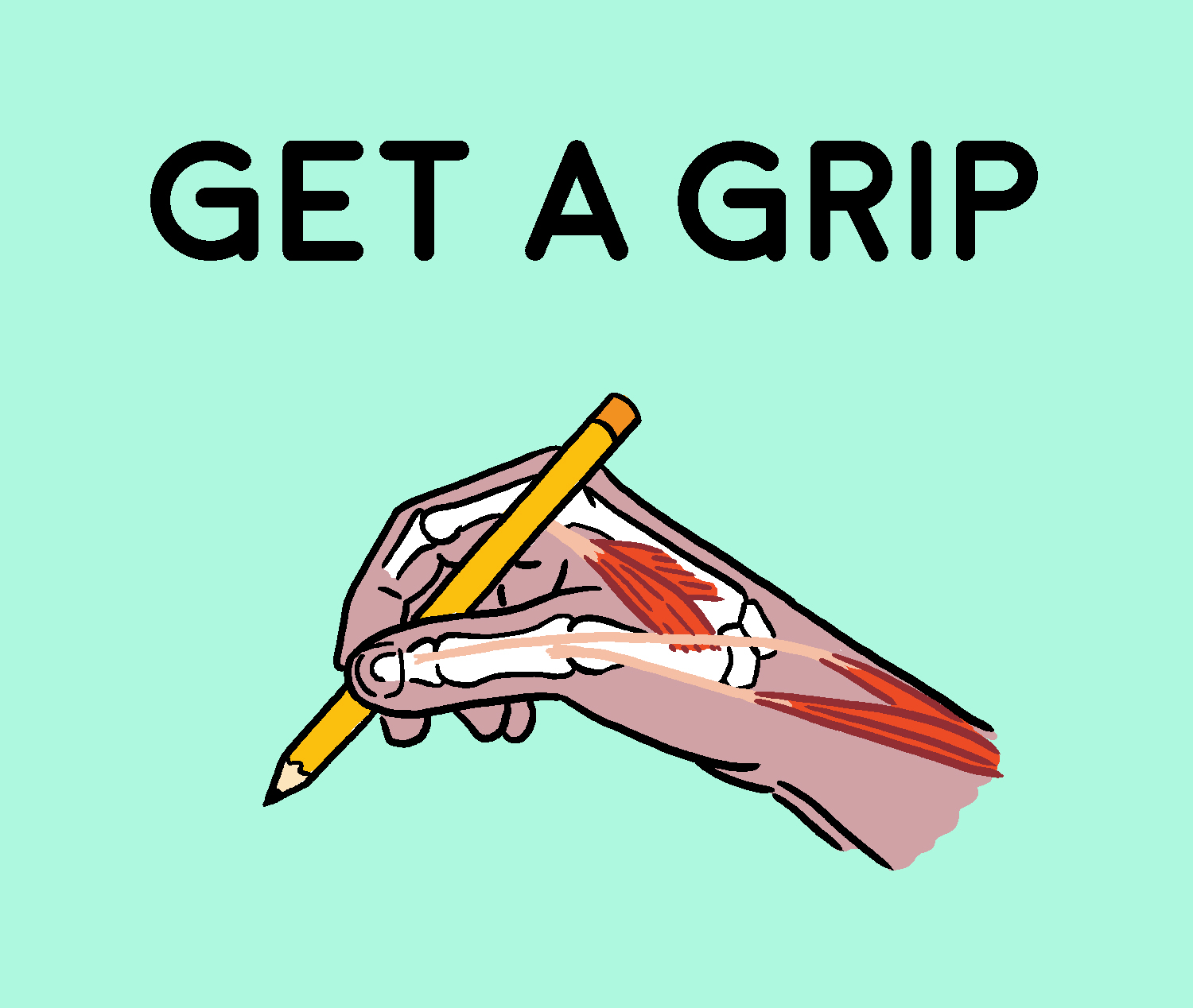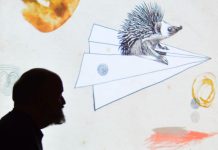GET A GRIP! is a column dedicated to exploring all the health issues that keep us from making comics in all its forms. Sure, musculoskeletal or nerve injuries are the first things that come to mind, but other states of health like asthma, addiction, cancer, mood disorder, epilepsy, chronic pain in any body part, and more, can wreck a creator’s life. Let’s expand our look at coping and thriving with conditions that can limit creative time.
On May 12, 2018, I was on the panel, Practical & Personal: Communicating Health in Comics, at the Toronto Comic Arts Festival (TCAF), with Iasmin Omar Ata, Julie Rocheleau, and Georgia Webber. Whit Taylor moderated.
Iasmin Omar Ata is a Middle Eastern/Muslim/epileptic comics artist, game designer, and illustrator who creates art about coping with illness, understanding identity, dismantling oppressive structures, and Arab-Islamic futurism. Iasmin’s book, Mis(h)adra, is a story that aims to spread awareness about epilepsy.
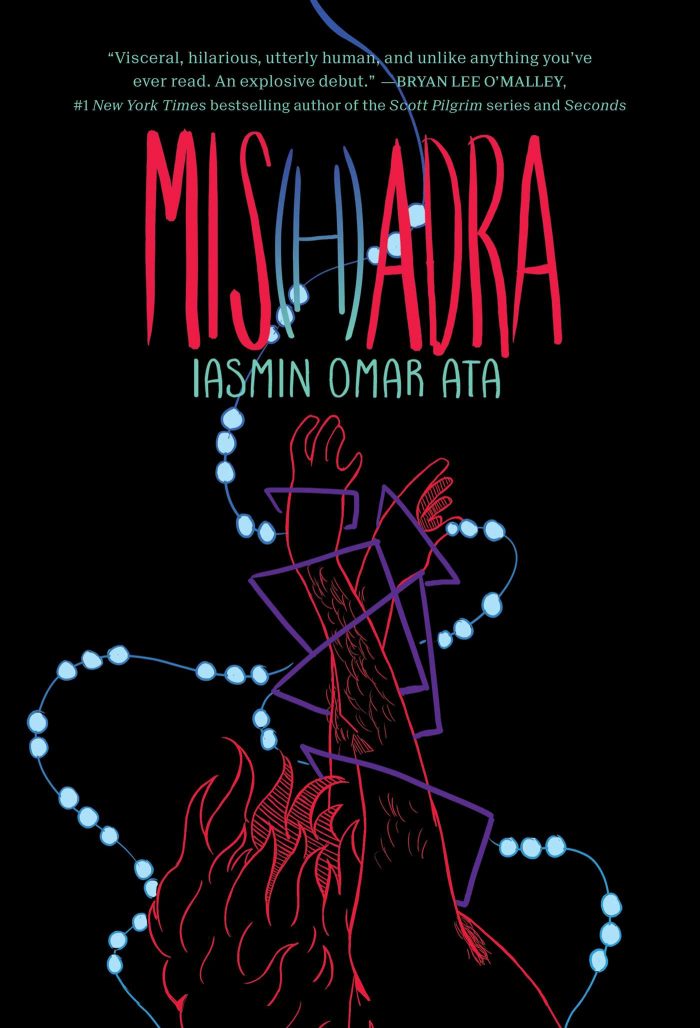
Georgia Webber is a cartoonist living in Toronto, where she is the Comics Editor for carte blanche. Her book Dumb: Living Without a Voice can be pre-ordered from Fantagraphics. Dumb tells the story of how Webber copes with the everyday challenges that come with voicelessness. (Webber also suffers from chronic hand pain.)
During our talk, Whit asked Georgia and Iasminto talked about their experiences managing chronic health issues while making comics. It was such a striking moment that, with their permission, I am sharing it with you.
Here’s that conversation.
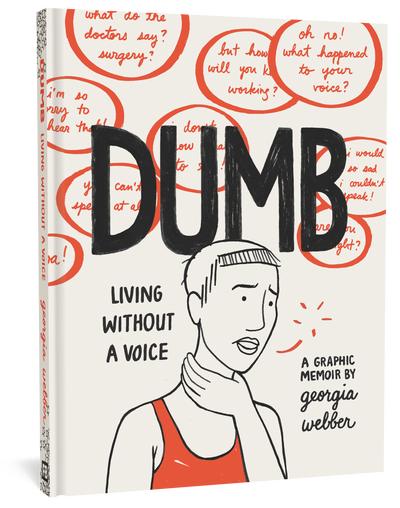
Ata: It’s hard. That’s the short version. I’m not sure if everyone would agree, but comics is extremely demanding as a medium and there’s a lot of pressure. A lot of people expect really tight deadlines for little money. Hopefully that will change. I’ve seen an upswing and it’s kind of changing, but it’s really difficult. I have to be really in touch with my body. I think people with any illness can also relate. You have to be really in touch with how you’re feeling. What is possible for you at this moment?
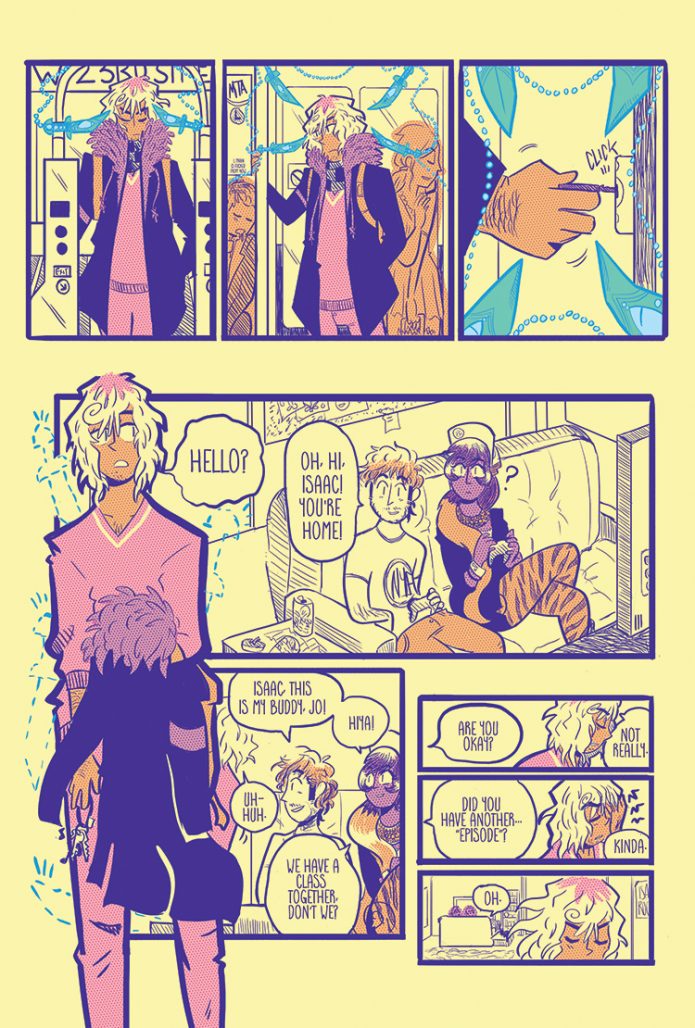
And it’s important to chose who you work with – people who are going to be understanding. If you can’t meet a certain deadline because you were in the hospital, or you can’t do this thing exactly right now, can you get an extension? It can be difficult to find those people. Once you do, you’re working with people who respect you, respect your illness, respect you as a whole person. Once you get to that zone, there’s a lot of comfort there. And that’s what has put me where I am today. I can have my own system that works for me. Whatever it is that you have, you have to figure out your own way. No one can tell you exactly what to do, to make art while having illness easier for yourself.
Webber: I think that lesson is applicable beyond having something specific in terms of your health because every person has their own version of health. I guess…the consequences of not learning our lessons fast enough are really extreme. Pushing yourself too hard for a deadline can mean months of not being able to work, instead of just being really tired the next day. For someone else it might mean a week or two of feeling like they have to do something totally different and coming back to it later.
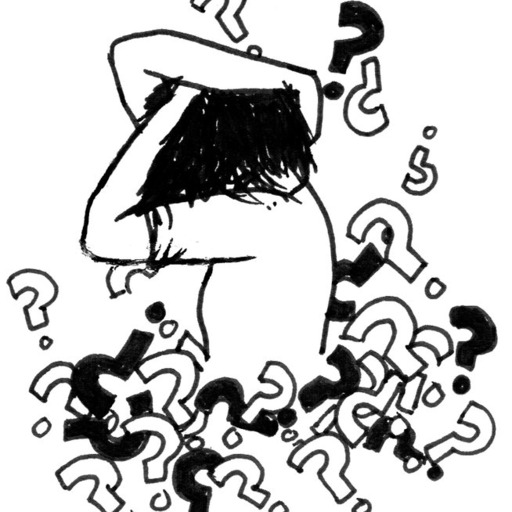
I find myself saying, “Oh yeah, it’s okay if I talk for a little longer tonight,” and maybe at the time it feels fine. What I’ve learned is that I might experience a couple days of consequences for that later. I have to consider the future, when I’m making that decision right now.
Yeah, find people who understand and can make accommodations when necessary. First and foremost, know where your limits are so that you are the first person making those accommodations. You are trusting in your relationship with yourself while you’re also trying to fulfill what may be a client job, or may be a personal project that is filled with passion. You have to find a balance between passion and what’s right for you.
Ata: Yeah, I think that a common theme that we’re both saying is listen to your body/brain/both! Really, really listen to what you’re feeling internally because when you fight that, it could be really dire. I think that that’s something that we’re taught to push. Like when there’s a deadline or this thing that needs to be done it’s like, no, no, no, just do it! Just crunch! But you know, in certain cases it’s like, no, no, you have to really listen, to really be in touch with your body and your being.
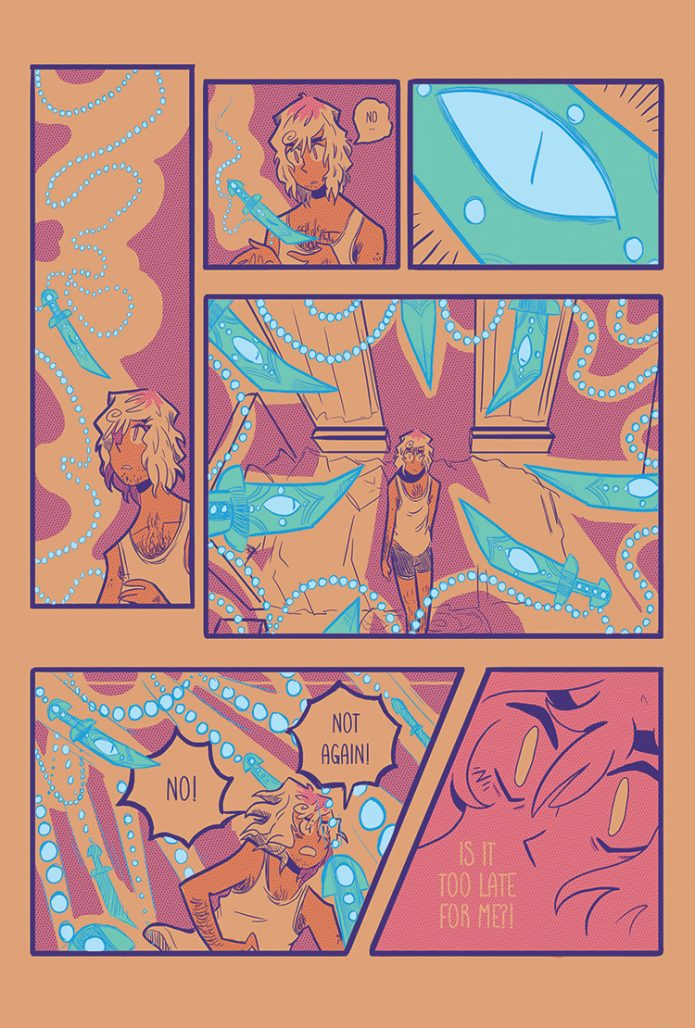
Webber: Yeah, and learn really well to say no, and learn really, really well to say, “Sorry! This is not going to happen the way we planned it!”
Ata: Yes!
Webber: And just accept people’s responses to that because sometimes they are not understanding…from their end you can see it makes sense, when something that was agreed to isn’t working out. Find a way to still be strong and comfortable and say something like, “Even though I am very sorry to disappoint you, and even though I would love to be professional and follow through on what I said I would do, sometimes it’s out of my control.”
Ata: Yep! And in my experience too, the people who are understanding, obviously for them it’s going to be an inconvenience, but for those people who are like, “It’s okay, I want to work with you again in the future.” Those are the people you want to work with. People who sass you or get angry, … maybe that’s not the best fit. And there’s always going to be some other opportunity, so long as you keep it real.
Why was this conversation so important? Because Iasmin and Georgia laid out a few universal truths about good health and making good comics:
- Every person has their own version of health.
- You have to be in touch with how you’re feeling.
- Know your limits because…
- The consequences of not learning health lessons fast enough can be extreme.
- Find a balance between passion and what’s right for you.
What is your version of health?
